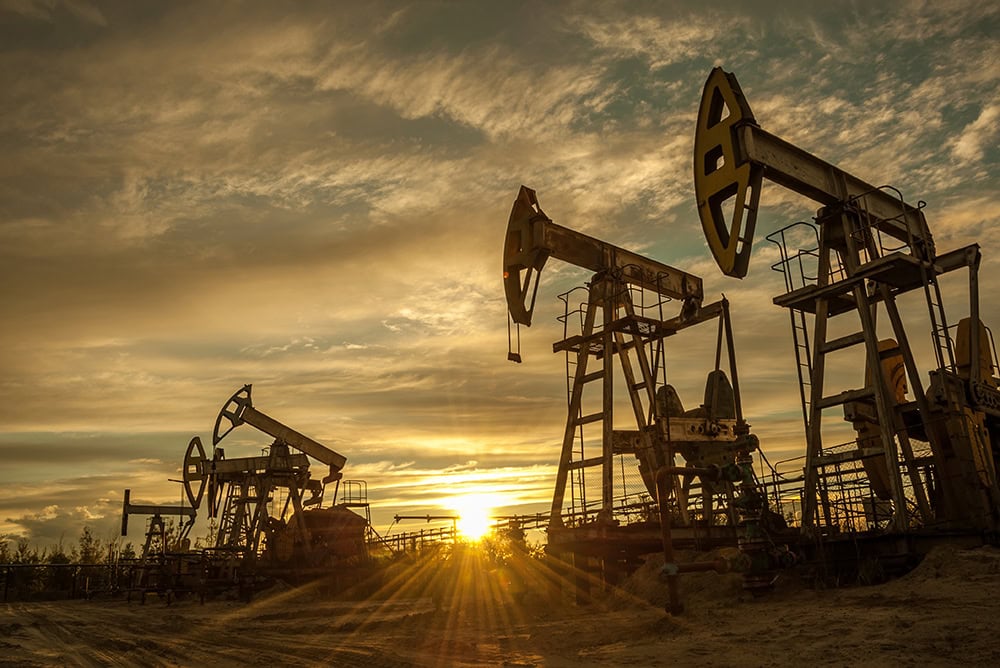You might be wondering what’s next after exploring legal protections for landowners in our previous blog. Now it’s time to turn that knowledge into action. This follow-up guide walks you through practical steps to build strong Legacy litigation claims against historic oil and gas operations in Louisiana. From digging into site evidence to choosing the right courtroom strategy, here’s your roadmap to cleanup, compensation, and peace of mind.
Let’s look at how you can move forward with your claim, step-by-step:
Start with a Site Investigation
An experienced Legacy attorney can facilitate a thorough investigation which forms the backbone of any Legacy claim related to historic oil and gas operations.
Hire an Environmental Consultant
- Choose a consultant with proven experience in oil and gas operations sites.
- Confirm they know the state rules for soil and water testing.
- Ask for a detailed report outlining findings and risks.
Collect Soil and Water Samples
- Focus on areas near old wellheads, storage pits, and pipeline paths.
- Test for hydrocarbons, heavy metals, and other contaminants used in oil and gas operations.
- Keep lab results and field notes to support your claim.
Document Damage
- Photograph stained soil, dead vegetation, and rusting equipment.
- Log livestock health issues or wildlife die-offs near oil and gas operations.
- Keep copies of any vet bills or health reports tied to contamination.
Choose the Right Claim
State Law Claims
- Trespass: When oil or chemicals moved onto your land.
- Nuisance: If the contamination interfered with your use and enjoyment ofthe property.
- Negligence: Prove the company failed to act with reasonable care in their oil and gas operations.
Declaratory and Injunctive Relief
- Seek a court order declaring the polluter’s legal duties.
- Obtain an injunction forcing immediate remediation of oil and gas operations sites.
- Early relief can halt ongoing leaks and the spread of contaminants.
Consider Alternative Dispute Resolution
Mediation or arbitration can speed up your Landowner Environmental Claims and reduce costs compared to a full trial.
Mediation
- Work with a neutral mediator to find solutions.
- Negotiate cleanup terms and compensation without prolonged court battles.
- Keep mediation sessions focused on data from your site investigation.
Settlement Negotiations
- Issue a demand letter outlining damages from oil and gas operations.
- Attach key evidence: sample reports, photos, and cost estimates.
- Your lawyer can guide you to a fair settlement that covers cleanup and losses.
Tap into Louisiana’s Voluntary Cleanup Program
The Louisiana Department of Environmental Quality (LDEQ) runs a Voluntary Cleanup Program (VCP) that benefits landowners and responsible parties.
VCP Advantages:
- Work under LDEQ oversight for a clear cleanup plan.
- Gain liability protection once you meet program steps.
- Avoid enforcement actions while you fix contamination from oil and gas operations.
Explore Insurance and Financial Aid
Your own policies and state or federal funds may help cover cleanup costs and financial losses.
Insurance Review
- Check property and farm policies for pollution or “sudden and accidental” coverage.
- File claims promptly to prevent denials.
- Include your site investigation and damage logs in your claim package.
Grants and Low-Interest Loans
- Look for state or USDA grants aimed at rural or agricultural land cleanup.
- Explore low-interest loans for environmental remediation.
- Factor any funding into your total damage calculations.
Partner with Regulatory Agencies
Involving state or federal agencies can strengthen your Landowner Environmental Claims and speed up action on oil and gas operations pollution.
Reporting to LDEQ
- File a formal spill or contamination report via the LDEQ portal.
- Maintain copies of all correspondence for your records.
- LDEQ inspections create authoritative findings to back your claim.
EPA Involvement
- Petition the EPA to list your site or nearby lands as a Superfund site.
- Federal oversight can trigger faster cleanup and cost recovery.
- Use EPA records to bolster your Landowner Environmental Claims.
Rely on Experienced Legal Counsel
An attorney skilled in Landowner Environmental Claims and oil and gas operations law will guide you through every step—from evidence gathering to courtroom strategy. At Talbot, Carmouche & Marcello, we focus on Louisiana landowners. We will:
- Draft and file CERCLA and state-law claims.
- Lead negotiations or litigation against polluters.
- Coordinate experts, consultants, and regulators.
Monitor and Protect Your Land
After you file your claim, stay vigilant to prevent new contamination and preserve evidence:
- Install water filters or private wells until cleanup is complete.
- Conduct yearly soil and water tests near former oil and gas operation sites.
- Record any new signs of pollution for future claims.
Get Started on Your Landowner Environmental Claim
Don’t let historic oil and gas operations harm your land. Early action boosts your chance for cleanup and full compensation. Contact Talbot, Carmouche & Marcello today for a free consultation on your Landowner Environmental Claims. Let us help you secure justice, remediation, and peace of mind for your Louisiana property.

